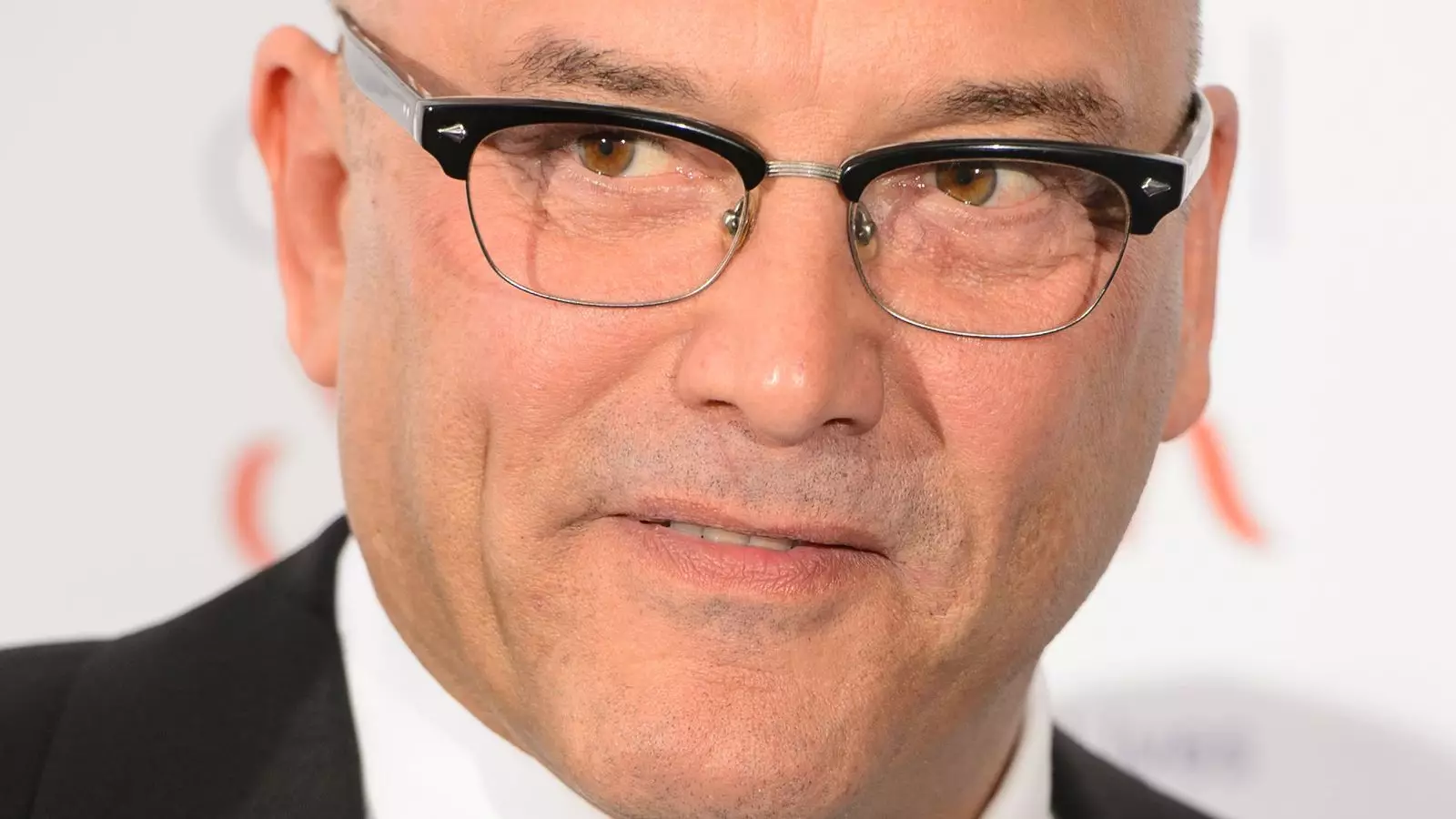In an era where social media and 24/7 news cycles have amplified every controversy into a potentially career-ending event, public figures live under a microscope that often distorts reality more than it reveals truth. Gregg Wallace’s recent experience starkly exemplifies how swiftly the social fabric can turn from curiosity and critique to outright condemnation. While accountability is crucial for maintaining ethical standards, the rush to judge before the full truth is uncovered can be profoundly destructive. There’s a dangerous assumption that allegations, even when substantiated, define a person’s entire character—an errant narrative that often neglects humanity’s complexity. Given Wallace’s insistence that he is not a sex offender or a “groper,” we face the challenging question: when does the court of public opinion overreach, and what is its true toll?
The Weight of Allegations vs. The Nuance of Human Fallibility
The case of Gregg Wallace raises broader issues about how we interpret misconduct, context, and remorse. With nearly half of the claims substantiated, the response—ranging from suspension to dismissal—corresponds to a zero-tolerance approach that aims to uphold moral standards but risks erasing individuals’ capacity for growth and change. Wallace’s explanation, that some of his behaviors were rooted in his autism and working-class background, introduces a controversial yet relevant point: to what extent do personal struggles, societal biases, and learned behaviors contribute to inappropriate conduct? While this does not excuse misconduct, it should prompt society to consider more nuanced approaches that prioritize rehabilitation over condemnation.
Yet, the backlash often seems more driven by a desire for moral purity than truthful justice. Wallace’s tears, his despair about being unjustly labeled alongside infamous offenders, expose a raw human anguish that is often invisible in headline-driven narratives. We are quick to judge, slow to forgive, and even slower to understand the complexities behind someone’s actions. Our response reveals a societal discomfort with imperfection—a desire to punish rather than understand.
The Incoherent Fairness of Outright Censorship and Industry Silence
While Wallace’s career has been affected, the broader industry response illustrates a troubling trend: a swift move toward permanent ostracism. The decision to continue broadcasting the episodes filmed before the allegations surfaced suggests an attempt at balance, but it also reveals an inconsistency rooted in moral panic. Similarly, the silence of some colleagues and industry figures hints at a reluctance to confront the uncomfortable shades of human behavior, preferring clear-cut narratives that fit into socially acceptable molds.
This climate discourages open dialogue about the grey areas in human conduct, especially when factors like mental health, background, and personal struggles are brought into the discussion. It fosters an environment where fear of association or controversy stifles honest conversations that could lead to meaningful change. Instead, society dances on the edge of a moral knife—balancing on the ideals of safety and justice while inching dangerously close to censorship, ideological purity, and the erosion of empathy.
The Cost of Cultural Vigilantism and the Erosion of Due Process
The most alarming aspect of this case is not merely the allegations but what it embodies: a wider cultural shift toward instantaneous judgment. With social media’s relentless cannonball effect, an individual’s reputation can be pulverized before all evidence has been carefully considered. The danger lies not just in the damage to individuals but in the precedent we set about justice itself. The assumption that public figures are guilty until proven innocent is a slippery slope that threatens the foundations of fair treatment and the presumption of innocence.
Moreover, the societal tendency to conflate different types of misconduct—from flirtatious behavior to violent abuse—undermines genuine victims’ voices and complicates accountability. Wallace’s claim that his actions, while misguided, were consensual or that his behavior was rooted in his background, attempts to muddy the waters. The complex reality is that settling these issues requires a deeper commitment to due process, empathy, and understanding—not just swift, categorical condemnations.
The Uncomfortable Truth: Our Society’s Struggle with Forgiveness and Compassion
Ultimately, Gregg Wallace’s ordeal highlights a profound societal dilemma: the reluctance to extend genuine forgiveness and the difficulty in separating human imperfection from moral failure. Society clings to rigid standards that often ignore the potential for redemption, and in doing so, we risk cultivating an environment where shame is the only consequence—an environment that penalizes mistakes rather than fosters growth.
By refusing to acknowledge the shades of gray in human behavior and the possibility of reform, we perpetuate a culture of fear and superficial justice. The challenge is to strike a balance—where accountability is meaningful, but mercy and understanding are not sacrificed at the altar of moral outrage. Gregg Wallace’s story isn’t just about one man’s fall from grace; it is a mirror to a society still struggling to define what justice truly entails.



Leave a Reply